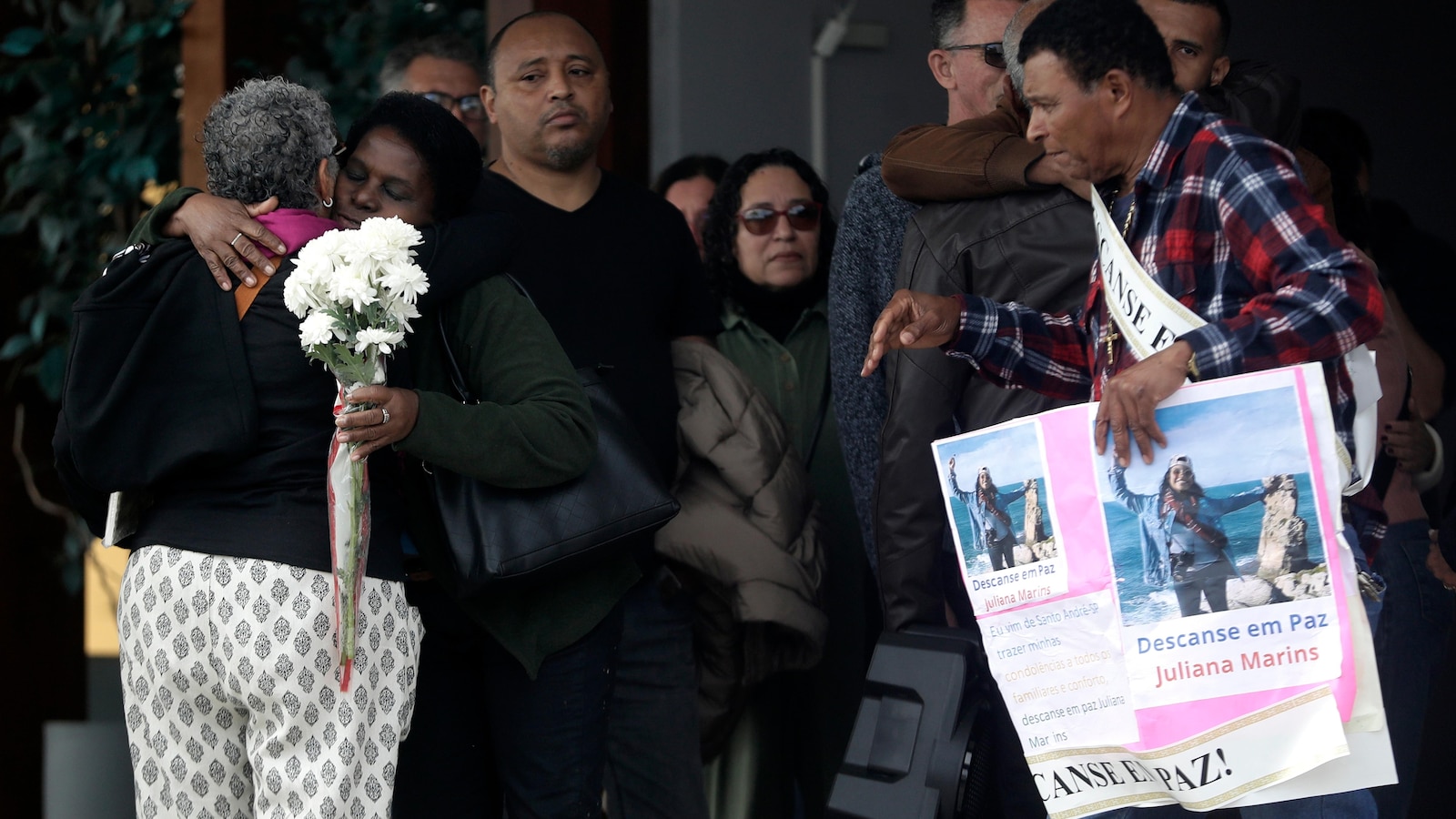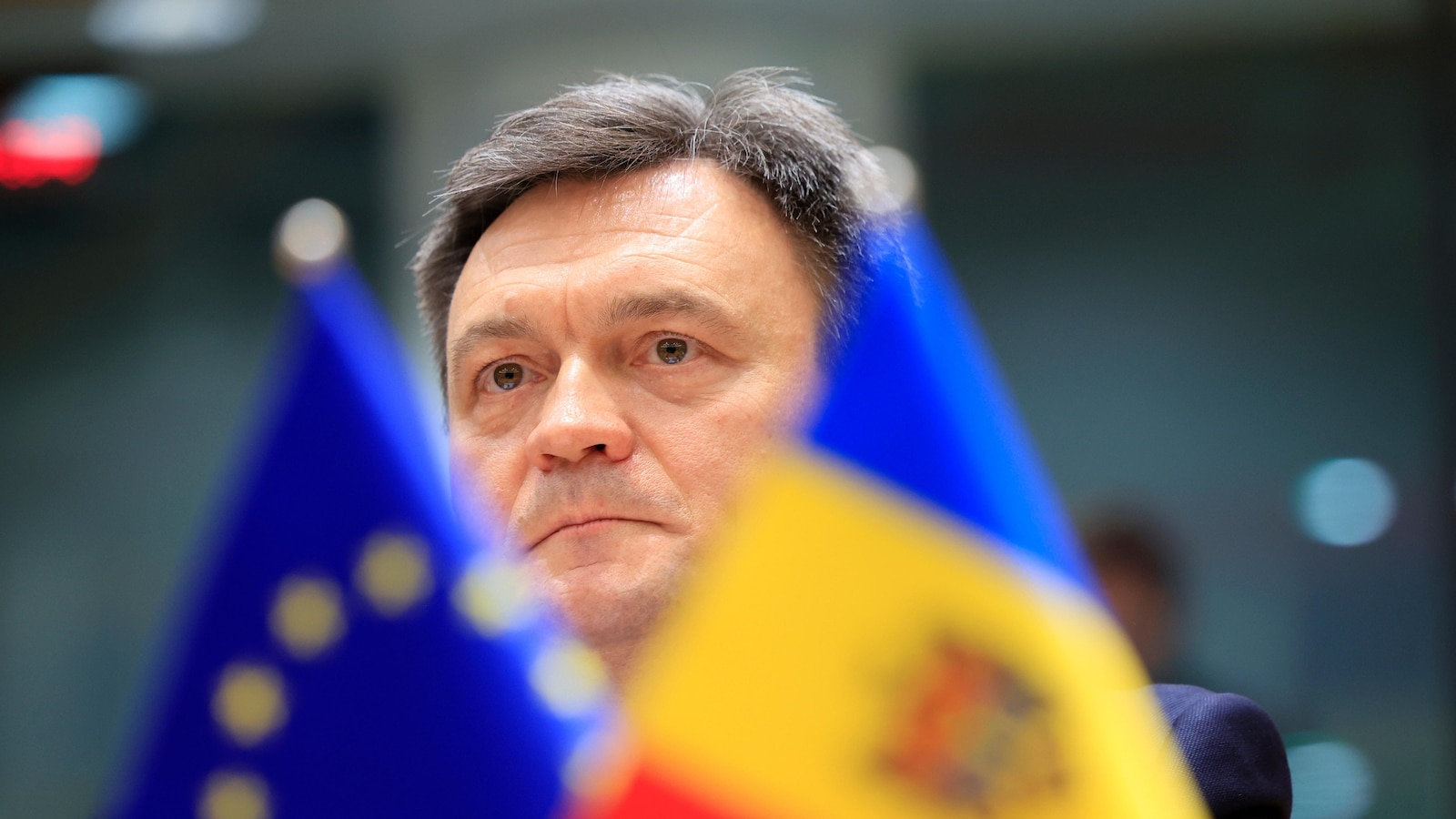Russia has become the first country to accept the Taliban government in Afghanistan since the group took power in 2021, building on years of quieter engagement and marking a dramatic about-turn from the deep hostilities that marked their ties during the group’s first stint in power.
Since the Taliban stormed Kabul in August four years ago, taking over from the government of then-President Ashraf Ghani, several nations – including some that have historically viewed the group as enemies – have reached out to them. Yet until Thursday, no one has formally recognised the Taliban.
So what exactly did Russia do, and will Moscow’s move pave the way for others to also start full-fledged diplomatic relations with the Taliban?
What did Russia say?
The Russian Ministry of Foreign Affairs released a statement saying that Moscow’s recognition of the Taliban government will pave the way for bilateral cooperation with Afghanistan.
“We believe that the act of official recognition of the government of the Islamic Emirate of Afghanistan will give impetus to the development of productive bilateral cooperation between our countries in various fields,” the statement said.
The Foreign Ministry said it would seek cooperation in energy, transport, agriculture and infrastructure.
How did the Taliban respond?
Afghanistan’s Ministry of Foreign Affairs wrote in an X post on Thursday that Russian ambassador to Kabul Dmitry Zhirnov met Afghan Foreign Minister Amir Khan Muttaqi and conveyed the Kremlin’s decision to recognise the Taliban government in Afghanistan.
The Ambassador of the Russian Federation, Mr. Dmitry Zhirnov, called on IEA-Foreign Minister Mawlawi Amir Khan Muttaqi.
During the meeting, the Ambassador of Russian Federation officially conveyed his government’s decision to recognize the Islamic Emirate of Afghanistan, pic.twitter.com/wCbJKpZYwm
— Ministry of Foreign Affairs – Afghanistan (@MoFA_Afg) July 3, 2025
Muttaqi said in a video posted on X: “We value this courageous step taken by Russia, and, God willing, it will serve as an example for others as well.”
What is the history between Russia and Afghanistan?
In 1979, troops from the Soviet Union invaded Afghanistan to establish a communist government. This triggered a 10-year war with the Afghan mujahideen fighters backed by US forces. About 15,000 Soviet soldiers died in this war.
In 1992, after rockets launched by rebel groups hit the Russian embassy in Kabul, Moscow closed its diplomatic mission to Afghanistan.
The Russian-backed former president, Mohammad Najibullah, who had been seeking refuge in a United Nations compound in Kabul since 1992, was killed by the Taliban in 1996, when the group first came to power.
During the late 1990s, Russia backed anti-Taliban forces in Afghanistan, including the Northern Alliance led by former mujahideen commander Ahmad Shah Massoud.
Then, on September 11, 2001, suicide attackers, affiliated with the armed group al-Qaeda, seized United States passenger planes and crashed into two skyscrapers in New York City, killing nearly 3,000 people. This triggered the so-called “war on terror” by then-US President George W Bush.
In the aftermath of the attack, Russian President Vladimir Putin was one of the first foreign leaders to call Bush and express his sympathy and pledge support. Putin provided the US with assistance to attack Afghanistan. Russia cooperated with the US by sharing intelligence, opening Russian airspace for US flights and collaborating with Russia’s Central Asian allies to establish bases and provide airspace access to flights from the US.
In 2003, after the Taliban had been ousted from power by the US-led coalition, Russia designated the group as a terrorist movement.
But in recent years, as Russia has increasingly grown concerned about the rise of the ISIS-Khorasan (ISIS-K) group – a regional branch of the ISIS/ISIL armed group – it has warmed to the Taliban. The Taliban view ISIS-K as a rival and enemy.
Since the Taliban’s return to power in 2021, accompanied by the withdrawal of US forces supporting the Ghani government, Russia’s relations with the group have become more open. A Taliban delegation attended Russia’s flagship economic forum in Saint Petersburg in 2022 and 2024.
With the ISIS-K’s threat growing (the group claimed a March 2024 attack at a concert hall in Moscow in which gunmen killed 149 people), Russia has grown only closer to the Taliban.
In July 2024, Russian President Putin called the Taliban “allies in the fight against terrorism”. Muttaqi met Russian Foreign Minister Sergey Lavrov in Moscow in October 2024.
In April 2025, Russia lifted the “terrorist” designation from the Taliban. Lavrov said at the time that “the new authorities in Kabul are a reality,” adding Moscow should adopt a “pragmatic, not ideologised policy” towards the Taliban.
How has the rest of the world engaged with the Taliban?
The international community does not officially recognise the Taliban. The United Nations refers to the administration as the “Taliban de facto authorities”.
Despite not officially recognising the Taliban as the government of Afghanistan, several countries have recently engaged diplomatically with the group.
China: Even before the US pulled out of Afghanistan, Beijing was building its relations with the Taliban, hosting its leaders in 2019 for peace negotiations.
But relations have picked up further since the group returned to power, including through major investments. In 2023, a subsidiary of the state-owned China National Petroleum Company (CNPC) signed a 25-year contract with the Taliban to extract oil from the basin of the Amu Darya river, which spans Central Asian countries and Afghanistan. This marked the first major foreign investment since the Taliban’s takeover.
In 2024, Beijing recognised former Taliban spokesperson Bilal Karim as an official envoy to China during an official ceremony, though it made clear that it was not recognising the Taliban government itself.
And in May this year, China hosted the foreign ministers of Pakistan and the Taliban for a trilateral conclave.
Pakistan: Once the Taliban’s chief international supporter, Pakistan’s relations with the group have frayed significantly since 2021.
Islamabad now accuses the Taliban government of allowing armed groups sheltering on Afghan soil, in particular the Tehreek-e-Taliban Pakistan (TTP), to target Pakistan. TTP, also called the Pakistani Taliban, operates on the border of Afghanistan and Pakistan, and is responsible for many of the deadliest attacks in Pakistan in recent years. Afghanistan denies Pakistan’s allegation.
In December 2024, the Pakistani military launched air strikes in Afghanistan’s Paktia province, which borders Pakistan’s tribal district of South Waziristan. While Pakistan said it had targeted sites where TTP fighters had sought refuge, the Taliban government said that 46 civilians in Afghanistan were killed in the air strikes.
This year, Pakistan also ramped up the deportation of Afghan refugees, further stressing ties. Early this year, Pakistan said it wants three million Afghans to leave the country.
Tensions over armed fighters from Afghanistan in Pakistan continue. On Friday, the Pakistani military said it killed 30 fighters who tried to cross the border from Afghanistan. The Pakistani military said all the fighters killed belonged to the TTP or its affiliates.
Still, Pakistan has tried to manage its complex relationship with Afghanistan. In April this year, Pakistan’s Deputy Prime Minister and Foreign Minister Ishaq Dar met Muttaqi and other Afghan officials in Kabul. Dar and Muttaqi spoke again in May.
India: New Delhi had shut its Kabul embassy in 1996 after the Taliban took over. India refused to recognise the group, which it viewed as a proxy of Pakistan’s intelligence agencies.
New Delhi reopened its embassy in Kabul after the Taliban was removed from power in 2001. But the embassy and India’s consulates came under repeated attacks in the subsequent years from the Taliban and its allies, including the Haqqani group.
Yet since the Taliban’s return to Kabul, and amid mounting tensions between Pakistan and the group, India’s approach has changed. It reopened its embassy, shut temporarily in 2021, and sent diplomats to meet Taliban officials. Then, in January 2025, Indian Foreign Secretary Vikram Misri flew to Dubai for a meeting with Muttaqi.
And in May, India’s Foreign Minister S Jaishankar spoke to Muttaqi over the phone, their first publicly acknowledged conversation.
Iran: As with Russia and India, Iran viewed the Taliban with antagonism during the group’s rule in the late 1990s. In 1998, Taliban fighters killed Iranian diplomats in Mazar-i-Sharif, further damaging relations.
But it views ISIS-K as a much bigger threat. Since the Taliban’s return to Kabul, and behind closed doors, even earlier, Tehran has been engaging with the group.
On May 17, Muttaqi visited Iran to attend the Tehran Dialogue Forum. He also met with Foreign Minister Abbas Araghchi and President Massoud Pezeshkian.
After Russia, will others recognise the Taliban?
While each country will likely decide when and if to formally recognise the Taliban government, many already work with the group in a capacity that amounts, almost, to recognition.
“Afghanistan’s neighbouring countries don’t necessarily have much of an option but to engage with the Taliban for both strategic and security purposes,” Kabir Taneja, a deputy director at the New Delhi-based Observer Research Foundation, told Al Jazeera.
“Most would not be doing so out of choice, but enforced realities that the Taliban will be in Afghanistan for some time to come at least.”
Taneja said that other countries which could follow suit after Russia’s recognition of the Taliban include some countries in Central Asia, as well as China.
“Russia’s recognition of the Taliban is a geopolitical play,” Taneja said.
“It solidifies Moscow’s position in Kabul, but more importantly, gives the Taliban itself a big win. For the Taliban, international recognition has been a core aim for their outreach regionally and beyond.”




Leave a Comment